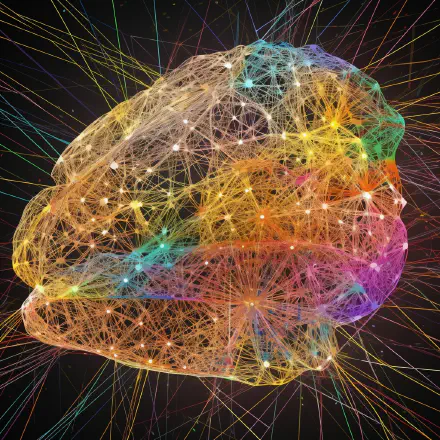
Learning is an ongoing process that requires continuous effort and dedication. Many students struggle with learning, despite putting in hours of studying and practice. One of the reasons for this is the lack of awareness of their own learning processes. Metacognition, or thinking about thinking, is a powerful tool that can help individuals understand how they learn and improve their learning outcomes. In this blog post, we will discuss the importance of metacognition in improving your learning experience.
What is Metacognition?
Metacognition is the ability to reflect on one’s own cognitive processes, such as thinking, learning, and problem-solving. It involves being aware of how you learn, what strategies you use, and how you can improve your learning outcomes. Metacognition is a key factor in successful learning, as it helps individuals to monitor and regulate their own learning processes.
The Importance of Metacognition in Learning
Metacognition plays a crucial role in learning and academic success. Here are some of the ways in which metacognition can improve your learning experience:
1. Better Understanding of Learning Strategies
By being aware of your own learning strategies, you can choose the ones that work best for you. Some people learn better through visual aids, while others prefer hands-on activities. By reflecting on your own learning experiences, you can identify the strategies that work best for you and use them to improve your learning outcomes.
2. Improved Problem-Solving Skills
Metacognition also helps in developing problem-solving skills. By reflecting on how you approach a problem, you can identify the strengths and weaknesses of your problem-solving strategies. This awareness can help you improve your problem-solving skills by focusing on the strategies that work best for you.
3. Increased Self-Awareness
Metacognition also helps in increasing self-awareness. By reflecting on your own learning experiences, you can identify your strengths and weaknesses. This awareness can help you set realistic goals and work towards achieving them.
4. Enhanced Memory Retention
Metacognition also plays a role in memory retention. By reflecting on the information you have learned, you can strengthen the neural connections in your brain and improve your ability to retain information. This can help you remember information for longer periods of time and retrieve it when you need it.
Strategies for Developing Metacognition Skills
Now that we have discussed the importance of metacognition in learning, let’s look at some strategies for developing metacognition skills:
1. Reflection
Reflection is the process of thinking back on your learning experiences and analyzing them. This can involve asking questions such as:
- What did I learn?
- How did I learn it?
- What strategies did I use?
- What worked well and what didn’t?
By reflecting on your own learning experiences, you can identify the strategies that work best for you and use them to improve your learning outcomes.
2. Self-Assessment
Self-assessment involves evaluating your own learning outcomes and identifying areas for improvement. This can involve asking questions such as:
- Did I achieve my learning goals?
- What areas did I struggle with?
- What could I have done differently?
By assessing your own learning outcomes, you can identify areas for improvement and work towards achieving your goals.
3. Goal-Setting
Goal-setting involves setting realistic and achievable goals for your learning journey. This can involve setting short-term and long-term goals, as well as breaking them down into smaller, manageable steps. By setting goals, you can focus your efforts and track your progress, which can help you stay motivated and achieve success.
4. Active Learning
Active learning involves engaging with the material you are learning, rather than passively receiving information. This can involve asking questions, making connections, and applying the information to real-world situations. By actively engaging with the material, you can deepen your understanding and improve your ability to retain and apply the information.
5. Collaborative Learning
Collaborative learning involves working with others to achieve common learning goals. This can involve participating in group discussions, peer feedback, and collaborative projects. By working with others, you can gain new perspectives and ideas, as well as develop important communication and teamwork skills.
Conclusion
Metacognition is a powerful tool that can help individuals improve their learning outcomes. By being aware of their own learning processes, individuals can choose the strategies that work best for them, develop problem-solving skills, increase self-awareness, and enhance memory retention. Strategies for developing metacognition skills include reflection, self-assessment, goal-setting, active learning, and collaborative learning. By incorporating these strategies into your learning journey, you can become a more effective and successful learner.



